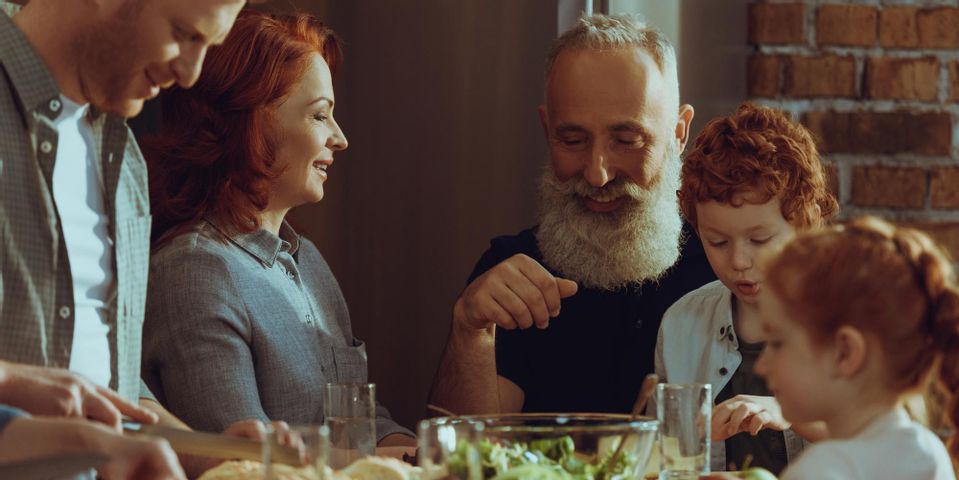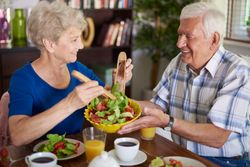An Elderly Care Guide to Changing Nutritional Needs

If you’re acting as a caregiver for your parent, grandparent, or another older loved one, you know just how much attention elderly care requires. Their diet is of utmost importance, and as your loved one’s nutritional needs begin to change, you’ll have to spend time adapting and finding ways to aid in their nutrition. Below, learn more about this nutritional transition for your loved one.
How Aging Affects Nutritional Needs
In the later stages of life, a senior will start to acclimate to a new lifestyle, one of which is probably less active due to retirement. As a result, a senior’s metabolism will slow down so that each snack and meal can satiate the body for longer. This may also cause a decrease in appetite, which means you need to provide vigilant elderly care and might have to urge your loved one to eat. In addition to a slower metabolism, certain medications can also cause decreased appetite.
With less food in their system, your elderly loved one might not be getting all the nutrients they need to thrive. Plus, around their senior years, the digestive system begins to limit the production of fluids it uses to break down food and absorb essential vitamins and minerals. The absence of certain nutrients can have wide-ranging consequences, from trouble going to the restroom, which would be fiber-related, to bone fractures due to a calcium deficiency.
How to Alter Your Loved One’s Diet
 If an individual maintains their adult eating habits while their metabolism slows to the rate of the average senior, they might gain weight. Therefore, it’s crucial to cut down portion sizes and reduce the frequency of snacks to help them maintain a healthy weight.
If an individual maintains their adult eating habits while their metabolism slows to the rate of the average senior, they might gain weight. Therefore, it’s crucial to cut down portion sizes and reduce the frequency of snacks to help them maintain a healthy weight.
Since your loved one will be eating less food overall, you’ll need to ensure that what they do eat is rich in nutrients and not empty calories. This means subbing those carbohydrates and sugars for healthy fats and protein, such as eggs, peanut butter, avocado, and lean meats like grilled chicken breast.
If your loved one is feeling less motivated to eat, either due to their slower metabolism, certain medications, or mental health issues like depression, they may not be getting all the vitamins and minerals they need. Therefore, you’ll have to focus on adding more fruits and vegetables to their daily meals. This can include swapping standard rice for cauliflower rice or making zucchini bread instead of their typical pastry of choice.
You may also need to add vitamin and mineral supplements to their pillbox, so they remember to take them with their daily medications. For example, calcium will improve bone density, which can decrease with old age, and iron can restore your loved one’s energy.
If you’re worried that your parent or grandparent isn’t fulfilling their nutritional needs, you can turn to Priority One Healthcare Services for help. They offer a number of elderly care services, including home nurses who can help with meal preparation. This St. Louis, MO, area company is proud to help hard-working family members gain back some of their free time while ensuring their loved ones are taken care of. From operating a feeding tube to doing laundry, you can learn more about their skills by visiting the website. You can also call (314) 776-9066 to speak with a representative about their elderly care programs.
About the Business
Have a question? Ask the experts!
Send your question

